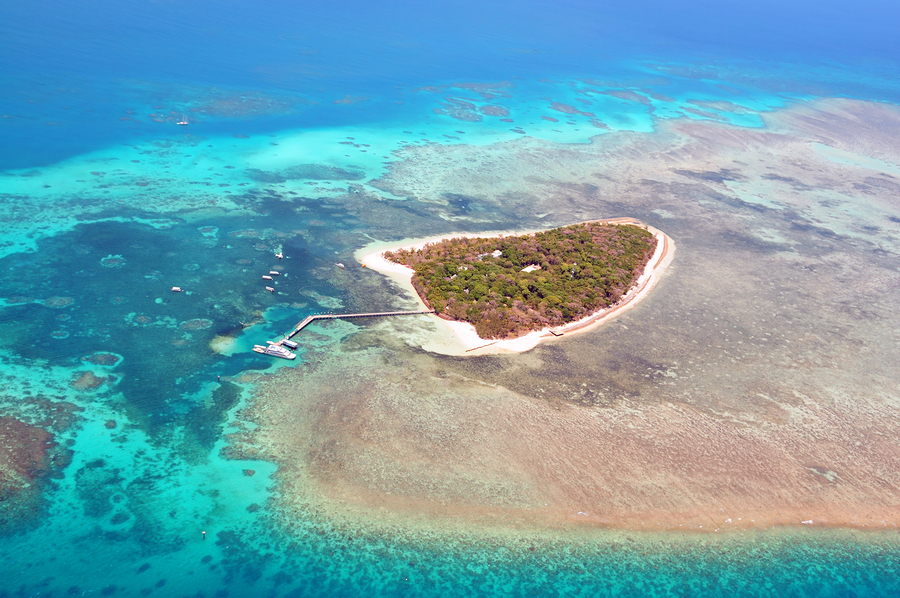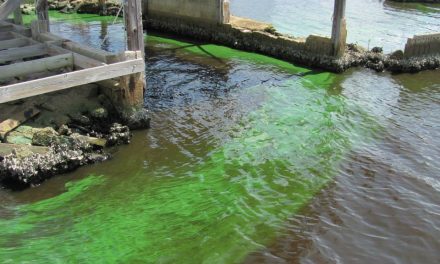It was announced last month that despite strict laws on dumping waste, the Great Barrier Reef Marine Park Authority (GBRMPA) in Australia gave the go-ahead to dump one million tons of sludge in the Great Barrier Reef.
I’m speechless.
In 2018, Australia pledged A$500 million to protect the Great Barrier Reef, which has already lost 30% of its coral due to bleaching (thanks to rising sea temperatures and damage from crown-of-thorns starfish) and at that time, one of the threats listed was large amounts of sediment. Why on earth they are doing this is beyond comprehension.
One of the threats listed at the time was “large amounts of sediment”.
Larissa Waters, senator for Queensland and co-deputy leader of the Greens Party, called for the license to be revoked, “The last thing the reef needs is more sludge dumped on it, after being slammed by the floods recently. One million tons of dumping dredged sludge into world heritage waters treats our reef like a rubbish tip.”1
“The industrial residue is dredged from the bottom of the sea floor near Hay Point Port – one of the world’s largest coal exports and a substantial economic source for the country. A GBRMPA spokesman says all of the material being dredged is naturally-occurring and was approved following a ‘comprehensive’ assessment which included a 60-day public comment period.
…the permit allows a disposal site of 14.5 sq km within the park, and that the ‘spoil material will not be disposed of on coral reefs’.”1
Dr. Simon Boxall from the National Oceanography Centre Southampton called the dumping “another nail in the coffin.”1He said, “If they are dumping it over the coral reef itself, it will have quite a devastating effect. The sludge is basically blanketing over the coral. The coral relies on the algae, that’s what gives them their color and what helps them feed – without this partnership, the coral will suffer dramatically.”1
The North Queensland Bulk Ports Corporation believes dumping the sludge will have a minor environmental impact and are more concerned about grounding or stranded vessels in the marine park. But we never really know how the environment will react to things like this, not totally. Do we?
Dr. Boxall believes if the sludge is taken far enough offshore that the impact will be lessened but it will cost more. Let’s hope the port authority makes the right decision.
SOURCE:












